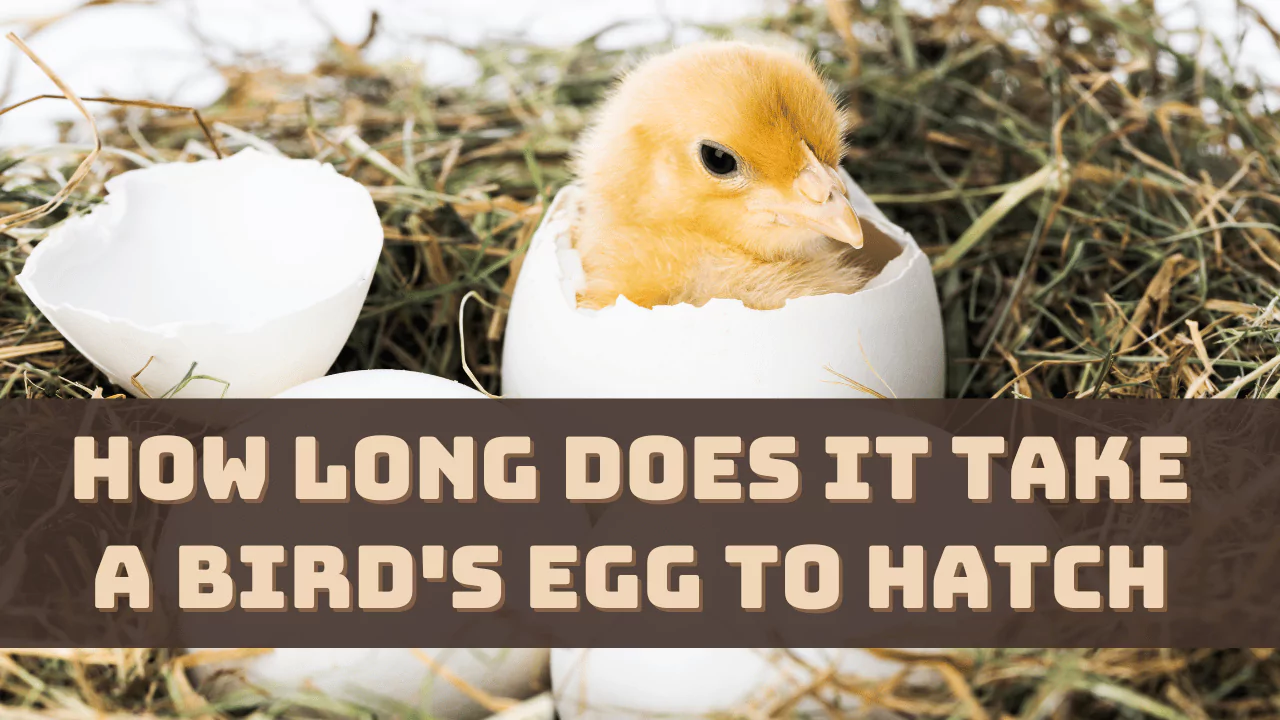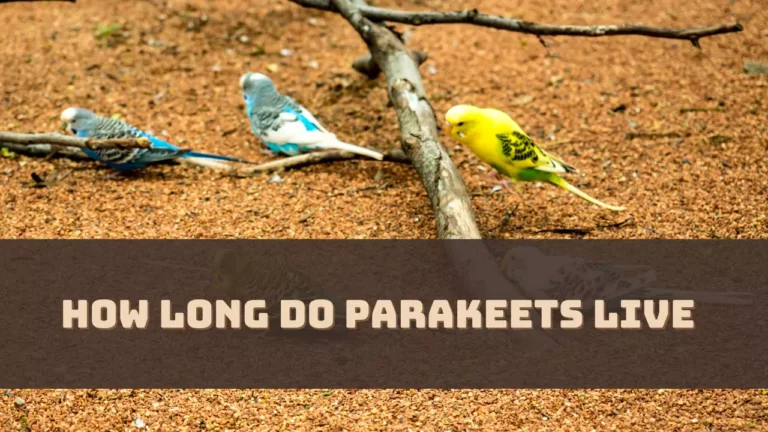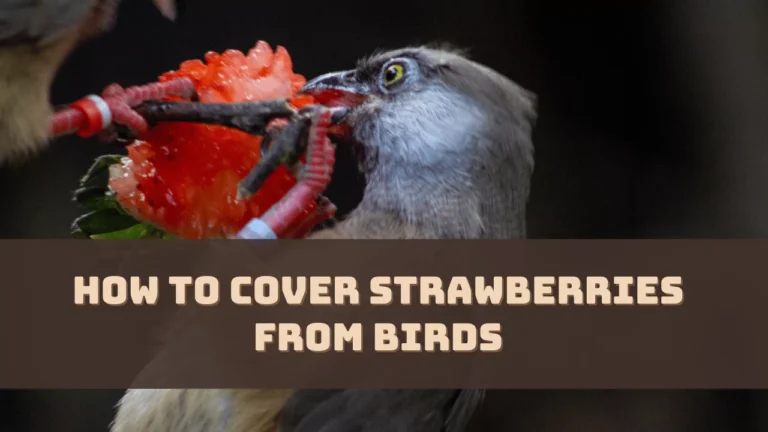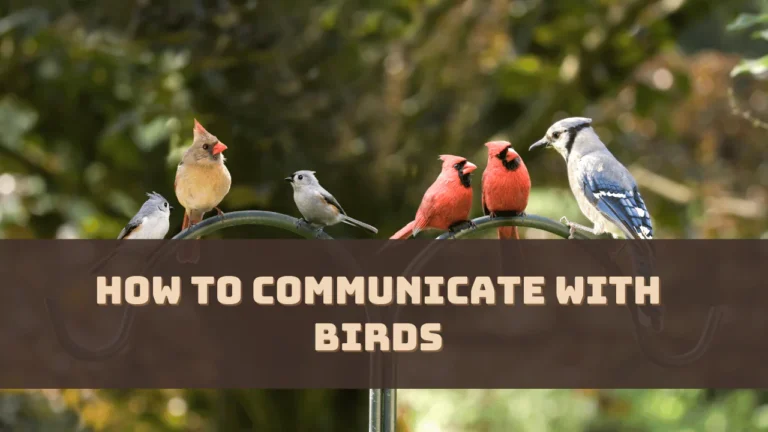The incubation period or the time taken by a bird egg to hatch differs from one avian species to another. Usually, small birds take 10 days to 2 weeks to hatch and the larger ones take around 3 weeks to a month. The factors that affect the hatching time are temperature, humidity and egg size.
So, let’s get to the details and understand the different incubation periods and how long a chick stays in the nest.
What Happens During Incubation?
Incubation is a process where the mother bird (often the responsibility is shared among the parent birds) sits on the egg to ensure that the egg gets optimal temperature and humidity so that the chicks can develop.
Here is a step-by-step process that a bird goes through:
Egg Laying
After a bird completes building the nest, they lay the eggs. Before the start of the incubation process, birds tend to lose feathers on the abdomen which is also known as the incubation patch. It is also known as a brood patch which assists in keeping an optimal temperature for the eggs, by transferring the body heat. The plumage acts as the insulation.
Based on the bird species, the brood patch placement and size vary. However, there are also exceptions, where instead of losing the abdomen feather, some waterbirds and seabirds use the top of the feet which ensures skin-to-shell contact. Interestingly, birds like cowbirds and cuckoos, do not get brood patches as they do not incubate the eggs.
A clutch usually consists of more than 2 eggs, and when it completes, the incubation period starts. The parents make a side-to-side motion with the eggs, where they tuck the eggs and ensure that the eggs touch the brood patch. The eggs are turned regularly and it ensures that the eggs get incubated from all sides and equally. The birds take all the measures to ensure that there is proper embryonic development.
The time period for incubation can range from 10 days to 2.5 months based on the bird species. Domesticated fowls usually take 21 to 28 days for the completion of the incubation phase.
Hatching
During the hatching process, the chicks use their egg tooth to break through the eggshell and come out. The egg tooth is a transient sharp cap which is located at the tip of the beak of the chick. Right after hatching, the egg tooth disappears. This process is also known as pecking and can take several hours depending on the species. With each peck, a crack develops on the eggshell and finally, the chick pushes out and takes its first breath in the air.
When Do Baby Birds Hatch?
Baby birds hatch under specific conditions, which would ensure that they survive, such as favorable environmental conditions, readily available food resources, geographical location and seasonal changes.
How Long Does a Chick Stay in the Nest?
A chick typically stays in the nest for 8 to 12 days after hatching and the range tends to vary based on the bird species. Some can leave a little early while others can stay a bit longer, till they take their first flight. This time period is required to strengthen the wings which would help them to gain strength to fly. Until the chick is prepared to venture out on its own, the parent birds take care of them, by providing protection and food. Interestingly, songbirds are seen to leave the nest within 8 days after hatching and they are also known as precocial birds.
How Long Does it Take for the Chick to Fly?
Again depending on the species the baby birds take time and learn to fly it can be a few weeks to a month. Some are fast learners while others take a little while to adapt to flight. The chicks need to develop their flight muscles along with learning how to coordinate to become strong fliers. At the beginning stage, the chicks start to flag their wings vigorously which is an excuse to strengthen their wings and then they try to take short flights with the safety of the surroundings.
Do Birds Incubate the Eggs Continuously?
No, birds do not incubate the eggs daily, but only after the entire clutch is ready. Now, the laying of days can extend from 2 days to 12 days as seen in the Mallard, so, birds can start a momentary incubation to avoid disparity during the development stage. Birds can also control the embryo development process by pacing the incubation timing.
How Long Can an Egg Survive Without Incubation?
Studies show that an egg can survive 7 days until the incubation begins and the development process gets triggered by a temperature of 80.6 °F.
What Temperature is Required by the Birds to Hatch?
The birds need around 99.5°f (37.5 °c) temperature to hatch. However, if there is a change in the incubation temperature, it should still be within the 84.5 – 104.9°F to trigger the development.
Do Male Birds Participate in Incubation?
Yes, male birds are also seen to incubate the eggs. In most birds, incubation is a shared responsibility. However, there are exceptions too, where the male takes care of the eggs and protects them and the female forages for food. Alternatively, there are also game birds, fowls and waterfowls that have no involvement in the egg incubation process.
How Does Egg Size Affect the Hatching Times?
Yes, egg size affects the hatching times. If the egg is large, then it would take more time to hatch due to an increase in mass and thicker shells, when compared with smaller eggs. The thickness of the egg decides the amount of gas exchange that should happen with the environment.
Can Human Interference Affect the Hating Time of Bird Eggs?
Yes, human interference affects the natural incubation process among the birds and also alters the timing. If you disturb the nest, hold the eggs or try to alter the environmental conditions, then it can lead to negative consequences for the development of the egg.
Can Understanding Bird Egg Hatching Contribute to Conservation Efforts?
Yes, understanding bird egg hatching can help to notice the vulnerability of this critical life stage. It would also promote awareness and encourage habitat preservation, carrying out responsible bird watching and supporting methods to protect the endangered bird species.




